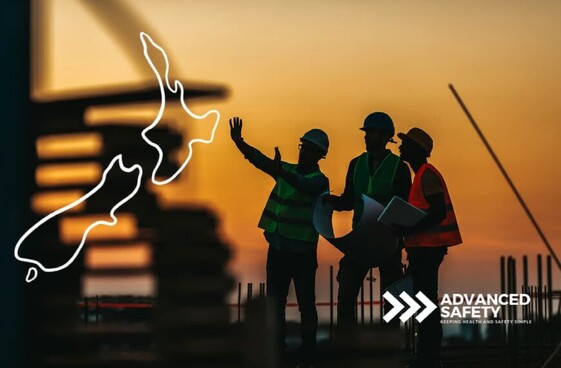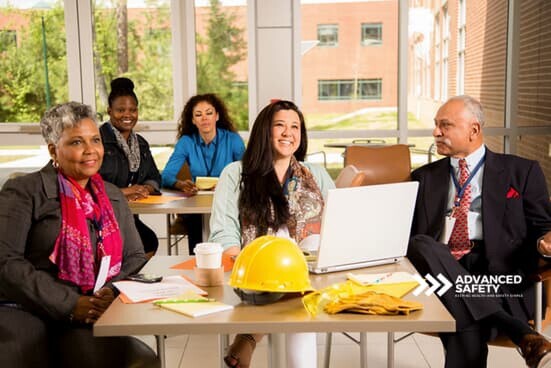New Zealand is celebrated for its breathtaking landscapes and welcoming communities. Yet, maintaining the country's reputation for safety requires collective effort from individuals, communities, and the government.
This guide explores New Zealand’s safety landscape, personal safety tips, community-driven initiatives, and government policies designed to foster a safer nation.
Understanding New Zealand's Safety Landscape
New Zealand's safety is shaped by factors like crime rates, natural hazards, and stringent health and safety regulations. A deeper understanding of these elements can help residents and visitors stay vigilant and prepared.
Crime Rates: A Relatively Safe Haven
While New Zealand enjoys a lower crime rate compared to many countries, property crimes like theft and burglary remain concerns. Violent crimes are rare, but staying aware of your surroundings and taking precautions is always wise.
Quick Tip: Secure valuables, lock doors and windows, and report any suspicious activity to local authorities.
Navigating Natural Disasters
Situated on the Pacific Ring of Fire, New Zealand is prone to earthquakes, tsunamis, and volcanic activity. Floods and bushfires also pose risks.
Be Prepared:
Keep emergency supplies like food, water, and first aid kits ready.
Follow instructions from Civil Defence during emergencies.
Familiarise yourself with evacuation routes in your area.
The Role of Health and Safety Regulations
New Zealand enforces strict health and safety regulations under the Health and Safety at Work Act 2015, ensuring safe environments across workplaces, homes, and public spaces. Businesses must comply with these regulations to protect employees and the public.
Personal Safety Tips for Residents and Visitors
Ensuring personal safety is key to enjoying all New Zealand has to offer. Here are practical tips:
Staying Safe in Public
Stay aware of your surroundings, especially in busy areas.
Keep valuables secure and avoid displaying expensive items.
At night, stick to well-lit areas and travel in groups when possible.
Road and Transport Safety
Driving in New Zealand can be unique due to left-side driving and winding roads.
Always wear your seatbelt and adhere to speed limits.
Obtain a valid New Zealand Driver Licence or International Driving Permit if you're driving.
Use licensed taxi services or rideshares for safe travel.
Outdoor and Adventure Activities
Known for its adventure tourism, New Zealand offers activities like bungee jumping and hiking. To stay safe:
Follow safety instructions and hire certified guides when needed.
Check weather conditions before heading out.
Respect wildlife and the environment to preserve its natural beauty.
Building Safer Communities
Communities play a vital role in creating safe environments. Collective efforts can make a significant difference in reducing risks and promoting safety.
Neighbourhood Watch Programs
Neighbourhood Watch initiatives encourage communities to collaborate in preventing crime. These programs help foster trust among residents and deter criminal activities.
Volunteering for Emergency Services
Organisations like fire and ambulance services rely on volunteers. By contributing your time, you can assist in emergencies and help protect your community.
Supporting Local Safety Campaigns
Participate in and promote campaigns focused on road safety, disaster preparedness, or workplace safety. These initiatives enhance community awareness and engagement.
Government Policies and Programs for a Safer New Zealand
The New Zealand government prioritises safety through robust policies, enforcement, and education.
Law Enforcement and Crime Prevention
The New Zealand Police maintain public safety through prevention programs, community outreach, and efficient crime response.
Disaster Preparedness
The Ministry of Civil Defence and Emergency Management provides resources and training to prepare citizens for natural disasters.
Resources Include:
Emergency planning guides.
Real-time alerts via the Civil Defence app.
Local workshops and drills.
Health and Safety Regulations
Government agencies enforce workplace safety standards to prevent accidents and injuries. Businesses are encouraged to conduct regular safety audits and comply with legal obligations under the Health and Safety at Work Act 2015.
Want to Improve Your Workplace Safety?
Contact Advanced Safety for expert guidance and support.
Contact Us TodayCreating a Culture of Safety
Safety is a shared responsibility. Whether you're a resident or visitor, prioritising safety helps build a stronger, more resilient New Zealand.
Steps You Can Take
Stay Informed: Keep up-to-date on local safety news and guidelines.
Be Proactive: Take personal responsibility for your safety and the safety of others.
Collaborate: Get involved in community safety initiatives to make a meaningful impact.
Together, We Ensure a Safer New Zealand
From personal vigilance to community engagement and government support, every effort contributes to a safer and more welcoming New Zealand.
By working together, we can uphold the country's reputation as a secure haven for residents and visitors alike.


